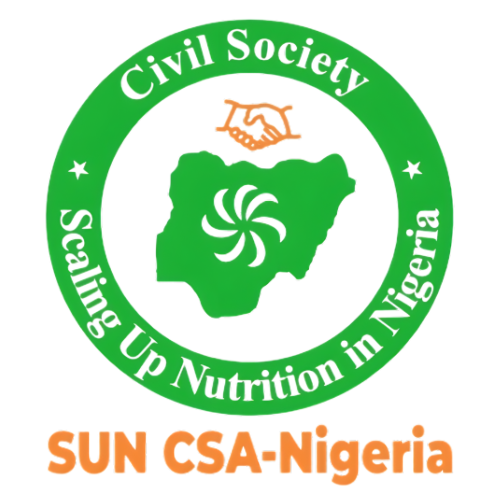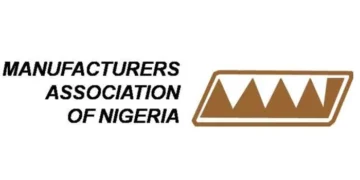The Civil Society Scaling Up Nutrition in Nigeria (CS-SUNN) and FHI360 Alive & Thrive have called for increased nutrition funding and enforcement of nutrition policies in Nigeria.
The CSOs made the call on Tuesday at a media roundtable on Strengthening the lmplementation of the National Multi-Sectoral Plan of Action for Food and Nutrition (NMPFAN) in Abuja.
The event focused on strengthening the implementation of the National Multi-Sectoral Plan of Action for Food and Nutrition (NMPFAN), with particular attention to securing more domestic funding and tightening adherence to the Breast Milk Substitute (BMS) Marketing Code.
Malnutrition remains a significant public health challenge in Nigeria, especially for children under five, contributing to high rates of illness and death.
According to the 2021 National Food and Consumption Micronutrient Survey (NFCMS), 33.8 percent of children are stunted, with many suffering from critical micronutrient deficiencies, such as iron, vitamin A, and zinc. This undernutrition has long-term consequences on their physical and cognitive development.
The NMPFAN, launched in 2021, seeks to address malnutrition by coordinating efforts across sectors like health, agriculture, education, and social protection. However, its implementation faces obstacles, including inadequate financing and poor coordination between sectors. For example, only 0.47 per cent of Nigeria‘s national health budget was allocated to nutrition in 2022, far below the World Bank‘s recommendation that 5 percent of health budgets in low- and middle-income countries should go toward nutrition interventions.
CS-SUNN‘s executive secretary, Sunday Okoronkwo, highlighted the importance of securing sustainable funding to achieve NMPFAN‘s goals, especially for interventions like the provision of Multiple Micronutrient Supplements (MMS) to vulnerable populations.
In addition to financing issues, weak enforcement of the BMS Marketing Code was identified as a key concern. According to the 2018 National Demographic and Health Survey (NDHS), Nigeria‘s exclusive breastfeeding rate remains low at 29 percent, compared to the World Health Organization‘s (WHO) target of 50 percent by 2025.
The aggressive marketing of breast milk substitutes undermines breastfeeding practices, which are critical for improving infant survival rates and nutrition outcomes.
Country representative of FHI360, Dr. Victor Ogbodo, stressed that adherence to the BMS Code is essential to promoting healthy feeding practices for infants. Despite the code being in place and regulated by the National Agency for Food and Drug Administration and Control (NAFDAC), enforcement has been weak, allowing manufacturers to market formula aggressively.
The event concluded with a call to action urging the federal government to increase its budgetary allocation for nutrition in 2024, with dedicated resources for MMS distribution.
Also, the media was encouraged to amplify discussions on nutrition and hold stakeholders accountable for the implementation of the NMPFAN and the BMS Marketing Code.
Both CS-SUNN and FHI 360, Alive & Thrive reaffirmed their commitment to advocating for better nutrition outcomes in Nigeria through stronger policy enforcement, increased collaboration, and sustained financial investment.





